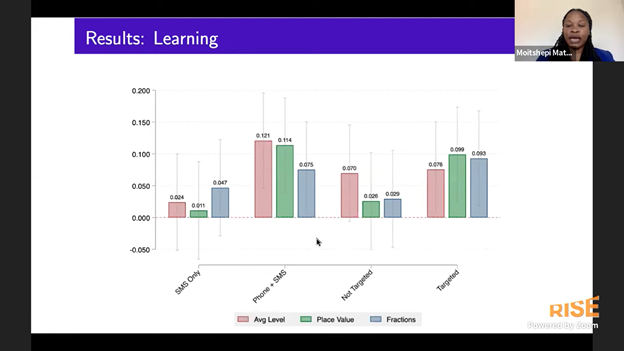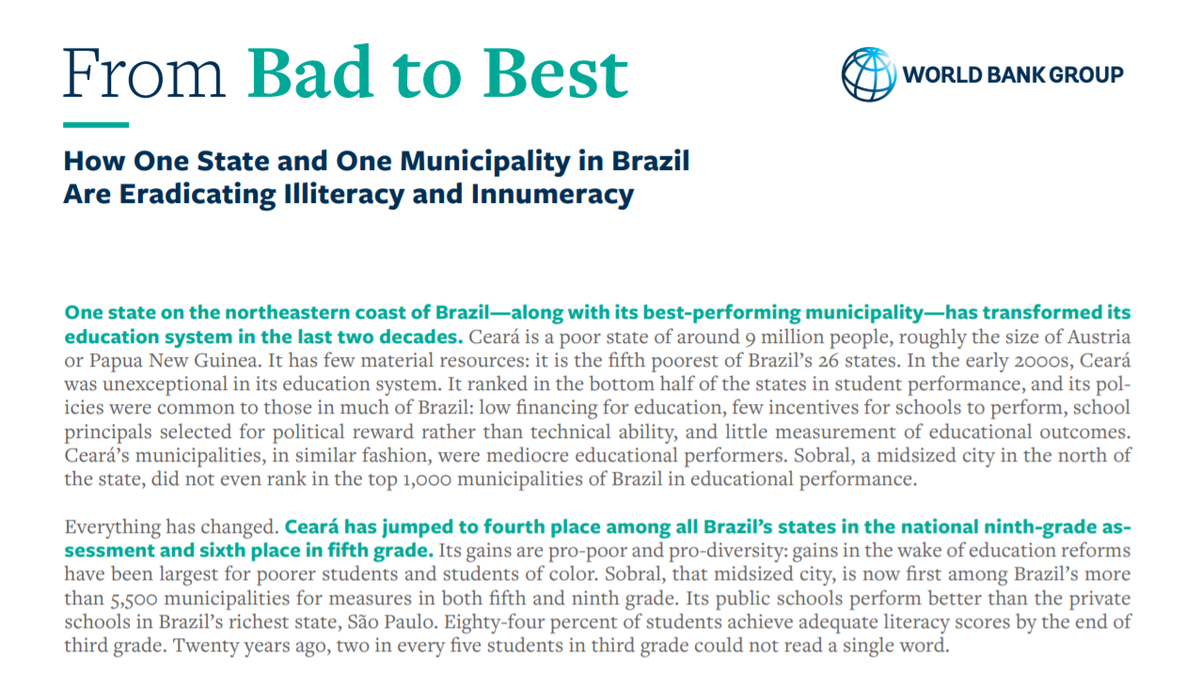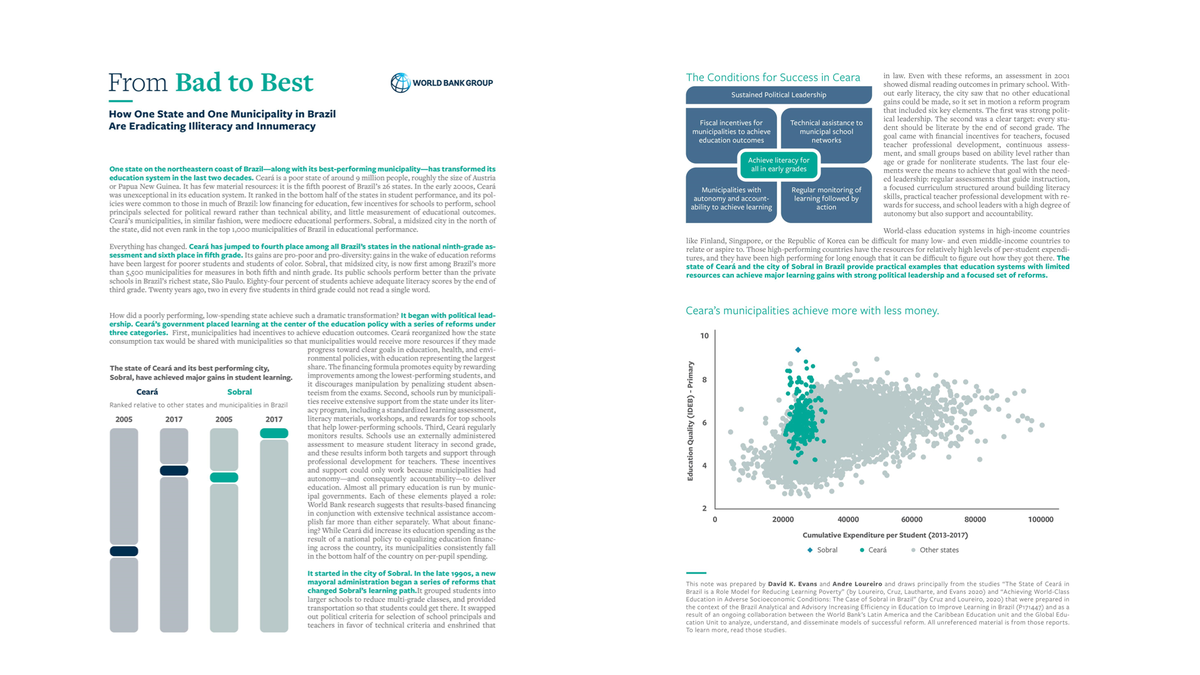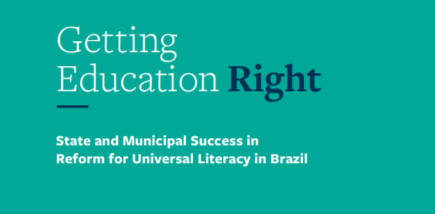
Has anyone written a handbook chapter or review paper on the best ways to measure student absenteeism in low- and middle-income countries?
It would ideally lays out the various measurement options (spot checks! administrative records! self-reports!) with the pros & cons of each.
It would ideally lays out the various measurement options (spot checks! administrative records! self-reports!) with the pros & cons of each.
I know there are studies on individual pieces of this. For example, Baird & @BerkOzler12 have a 2012 article comparing self-reports to school ledgers. drive.google.com/file/d/0B274-J…
.@TolonenAnja et al. discuss some efforts to cross-validate in their article "Measuring Menstruation-related Absenteeism Among Adolescents in Low-Income Countries" library.oapen.org/bitstream/hand… 

And I'm sure there are other bits and pieces (which you're welcome to share in the replies). I'm just curious if anyone has brought it all together!
• • •
Missing some Tweet in this thread? You can try to
force a refresh


























